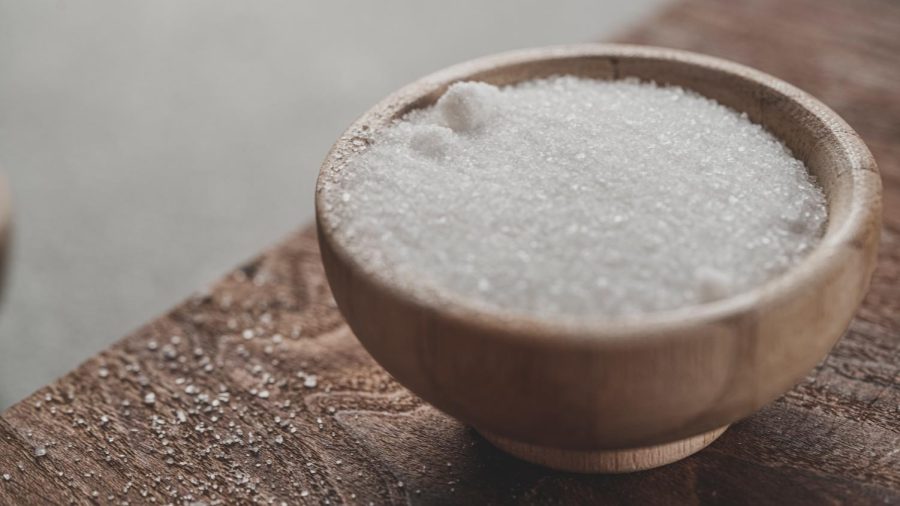Sugar Substitutes Are Not a Healthy Alternative
November 4, 2022
It’s commonly thought that compared to sugar, sweetener substitutes are relatively healthy. But although sweeteners do not contain any calories or sugar, they don’t have any beneficial nutrients such as vitamins, fibers, minerals, or antioxidants. Through extensive research of scientists, there are many experiments that fail to show benefits of sugar substitutes. On the contrary, oftentimes, they are shown to be potentially hazardous for the human body, while natural sugar compounds may also be beneficial for therapeutic purposes.
A study in 2005 by the University of Texas Health at San Antonio demonstrated that the usage of diet drinks promoted weight gain and obesity. Within the experiment, one group of rats received an artificial sweetener. The other group received natural sugar. Over time, the rats who received artificial sweetener saw their caloric intake climb. Additionally, their body weight and adiposity, or state of remaining overweight, increased.
Aspartame, a low-calorie sweetener, is a sugar substitute commonly sold under the trade names of NutraSweet, Equal and Canderal. It consists of aspartic acid, phenylalanine, and small amounts of ethanol. The body decomposes these substances and absorbs the breakdown products. According to animal studies, aspartame causes pain, immobility, and chronic joint inflammation.
“There is an enormous population suffering from side effects associated with aspartame, yet [they] have no idea why drugs, supplements and herbs don’t relieve their symptoms. Then, there are users who don’t ‘appear’ to suffer immediate reactions at all. Even these individuals are susceptible to the long-term damage caused by excitatory amino acids, phenylalanine, methanol, and DKP,” stated the Aspartame Detox Program. DKP is a preservative that enhances the flavor of foods.
Over a long period of time, side effects of aspartame include but are not limited to the following: blindness in either or both eyes, dizziness, memory loss, severe hyperactivity, and aggression.
In 2011 at the International Stroke Conference, the American Heart Association presented their findings of an increase of strokes by 48% due to over consumption of diet sodas, which contain artificial sweeteners. A large intake of diet sodas increases the need for the intake of sodium that increases the heart rate and blood pressure levels, ultimately leading to blood clots located in the brain.
Artificial substitutes are deemed as a healthier alternative for those with diabetes or addiction to sugar and many who watch their caloric intake because of the nutrition label of zero sugar soda. Oftentimes, companies state their sodas have zero sugar and little to no calories. Since zero sugar sodas taste similar to normal sodas, this creates a false sense for those that are looking for a healthier alternative.
But sugars aren’t without their benefits—they offer nutrients that stabilize your metabolism and provide a stable source of energy. Moreover, upon closer review of scientific studies, it is clear that sugar substitutes pose certain health risks. Long-term usage will increase the risks of chronic health problems. Instead of opting for a diet soda, pour a glass of water. Sweeten it naturally with added fruits. Sugar substitutes should be avoided as much as possible.
Photo courtesy of UNSPLASH.COM

